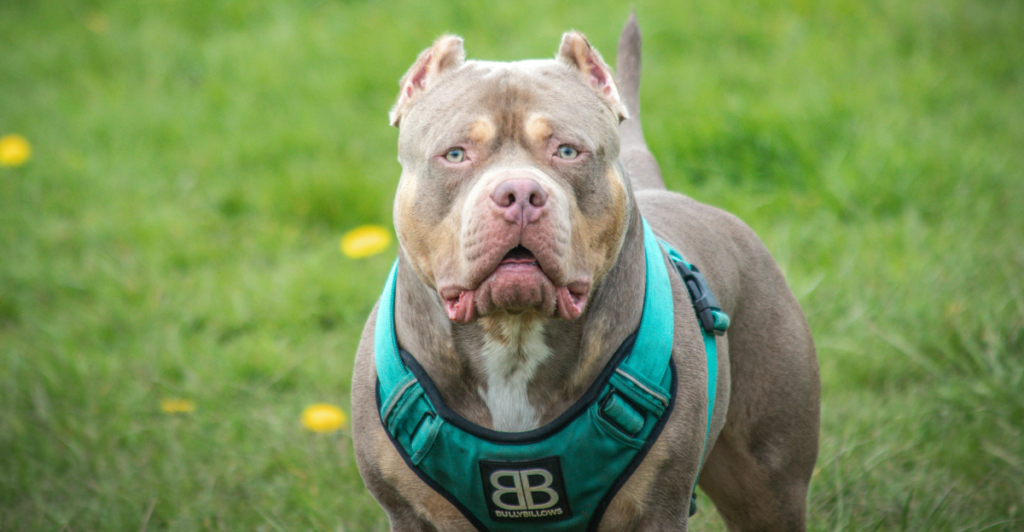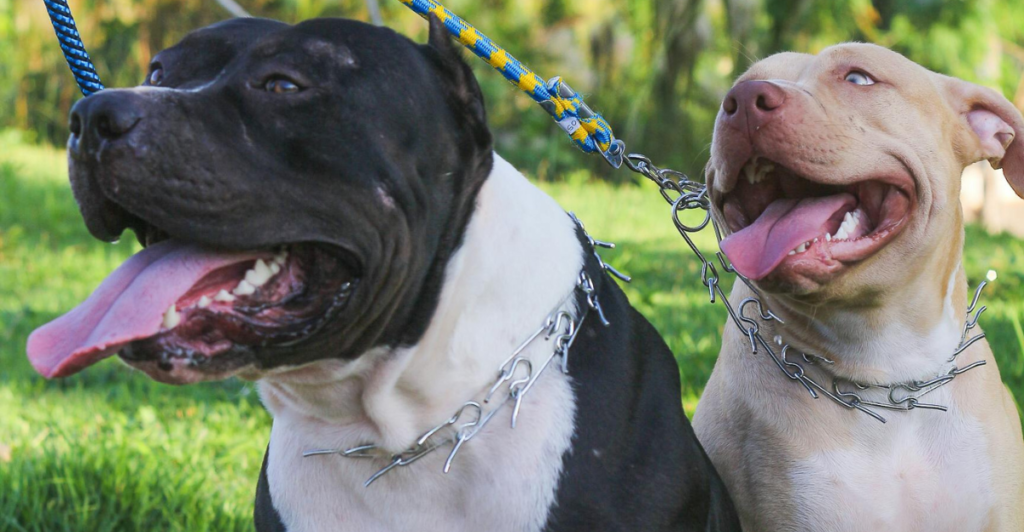
Of all breeds, Pit bulls are often targets of Breed-specific legislation (BSL). These legislations often label them as potentially dangerous animals. However, studies show these laws are ineffective in improving public safety. They can even create myths about Pit Bulls. This is why BSL may not be the solution people think it is.
What Is Breed-Specific Legislation?

BSL refers to laws that ban or regulate specific dog breeds based on perceived aggression. Pit bulls get a lot of the brunt of these laws. The laws aim to reduce dog attacks, but things are more complicated than they appear. The legislations fail to address irresponsible ownership and often unfairly target well-behaved dogs.
Pit Bulls Are Naturally Aggressive

No breed is inherently aggressive. Studies show that behavior depends on training, environment, and socialization, not genetics. The American Veterinary Medical Association states that breed alone is not a predictor of aggression.
Pit Bulls Have “Locking Jaws”

There’s no evidence that Pit Bulls have jaws that lock. Their jaws function like any other dog breed. This myth likely stems from their muscular build, but it’s not based on science.
Pit Bulls Are Responsible for Most Dog Bites

Bite statistics often rely on media reports, which can be biased. Alot of attacks that Pit Bulls are blamed for are misidentified. Experts agree that accurate data requires breed-neutral studies focused on circumstances, not appearances.
Why BSL Fails to Improve Safety

BSL doesn’t reduce dog bites because it doesn’t address the root causes: irresponsible ownership, lack of training, and neglect. Cities with BSL often report no significant decrease in dog attacks compared to those without such laws.
Impact on Responsible Owners

BSL unfairly targets responsible owners and well-behaved dogs. Well-behaved dogs can be punished and families could have their pets taken away from them for no good reason. This creates emotional distress and overcrowding in animal shelters.
The Role of Irresponsible Ownership

Dog behavior is largely influenced by how they’re raised. Dogs of any breed can become aggressive if they’re mistreated or poorly socialized. Targeting breeds instead of behavior shifts focus away from the real problem: irresponsible owners.
Alternatives to BSL

Communities could enforce breed-neutral laws that focus on responsible ownership. These include leash laws, education programs, and stricter penalties for neglect or abuse. This approach ensures public safety without targeting specific breeds.
Pit Bulls as Pets

Pit Bulls are often loving and loyal companions. Many Pit Bulls live peacefully in homes, dispelling the myth that they’re dangerous by default.
The Role of Media

Media often sensationalizes dog attacks involving Pit Bulls, reinforcing negative stereotypes. This bias leads to public fear and pushes for BSL. Balanced reporting is essential to provide an accurate understanding of dog behavior.
Scientific Consensus on BSL

Experts like the CDC and the American Bar Association oppose BSL, citing its ineffectiveness. Research consistently shows that targeting specific breeds does not improve public safety and often diverts resources from better solutions.
Myths, Not Facts

Public safety improves when we focus on responsible pet ownership, education, and enforcement of existing laws. Working towards policies that protect communities while treating all dogs—and their owners—fairly is the most responsible way forward.
Source:
Stay connected with us for more stories like this! Follow us to get the latest updates or hit the Follow button at the top of this article, and let us know what you think by leaving your feedback below. We’d love to hear from you!







